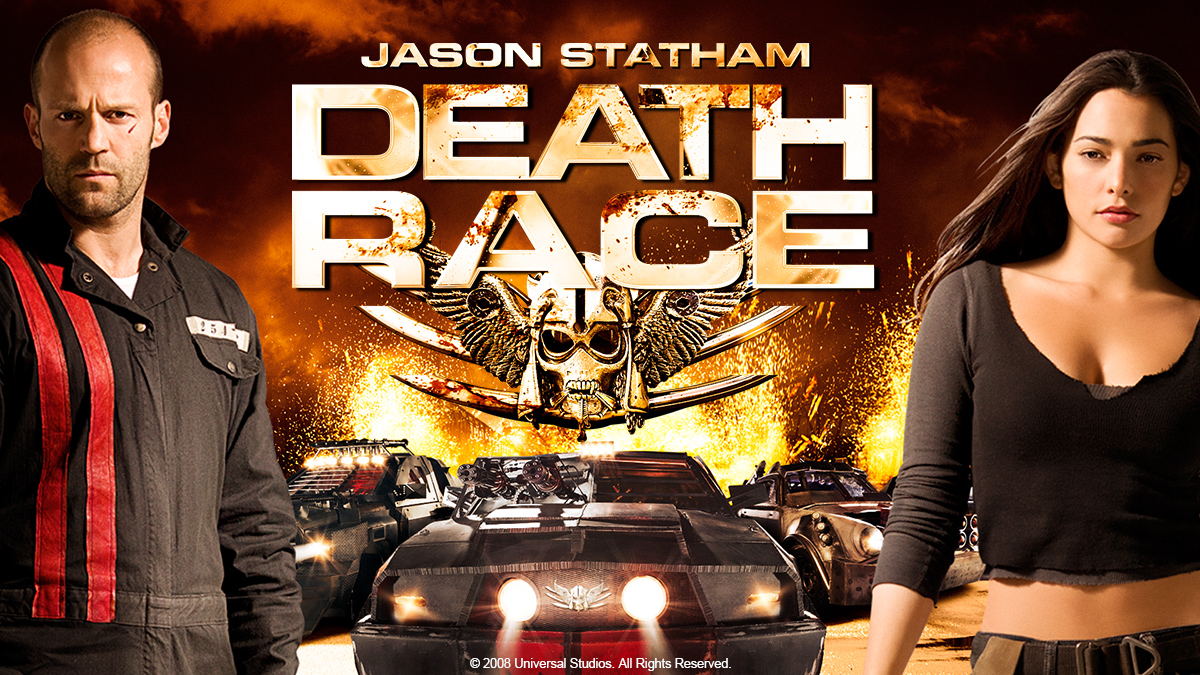Lucy (2014): A Stylish, Sci-Fi Dive into Human Potential
Directed by visionary French filmmaker Luc Besson, Lucy (2014) is a cerebral science fiction action thriller that dares to explore the far edges of human potential. Starring Scarlett Johansson in the titular role, the film blends philosophy, neuroscience, and explosive action in a story that questions what could happen if the human brain’s full capacity were unlocked. Though divisive among critics and scientists alike, Lucy remains a visually stunning and thematically ambitious work that left a strong impression on audiences worldwide.
The film opens in Taiwan, where Lucy, a carefree American student, is tricked by her new boyfriend into delivering a mysterious briefcase to a powerful drug lord, Mr. Jang (played by Choi Min-sik). She is soon kidnapped and forced to serve as a drug mule for a powerful synthetic drug called CPH4. However, when the bag sewn inside her abdomen leaks and enters her bloodstream, Lucy undergoes a radical transformation. Her brain capacity begins to increase rapidly—beyond the supposed 10% most humans access—granting her extraordinary mental and physical abilities.

As Lucy's mind evolves, so does the film’s tone and scope. She gains control over her body, can manipulate electronic devices, read minds, and eventually even control time and space. While her humanity fades, her intellect soars. In search of answers, she contacts Professor Norman (Morgan Freeman), a neuroscientist whose theoretical research aligns with her condition. With his help, Lucy attempts to share the knowledge she’s acquiring before her physical form dissolves entirely.
Scarlett Johansson delivers a powerful and restrained performance, gradually shifting from a terrified woman to a nearly emotionless, god-like being. Her portrayal helps ground the film, even as it dives into increasingly abstract and metaphysical territory. Morgan Freeman lends credibility and gravitas as the voice of science and reason, serving as a narrative guide for the audience as the story escalates.

Visually, Lucy is a feast. Luc Besson uses rapid editing, split-screen visuals, and symbolic imagery to depict the expansion of Lucy’s consciousness. Scenes of prehistoric humans, wild animals, and intergalactic phenomena are intercut with the main story to reinforce the film’s evolutionary themes. Composer Éric Serra’s atmospheric score further elevates the intensity and surrealism of the film’s third act.
While Lucy received praise for its direction, action, and lead performance, it was also criticized for its scientific inaccuracy—particularly the widely debunked myth that humans only use 10% of their brains. However, Besson has acknowledged that the film was intended more as a philosophical and science fiction fantasy than a literal depiction of neuroscience.

Despite its polarizing reception, Lucy was a commercial success, earning over $460 million worldwide on a modest budget of around $40 million. Its blend of Eastern philosophy, high-concept science fiction, and stylish action offered something different in a summer dominated by superhero blockbusters.
Ultimately, Lucy is less about science and more about ideas. It’s a cinematic thought experiment—asking not what we know, but what we could become. Ambitious, visually inventive, and anchored by a strong lead performance, Lucy remains a standout entry in the modern sci-fi genre.


-1751875055-q80.webp)
